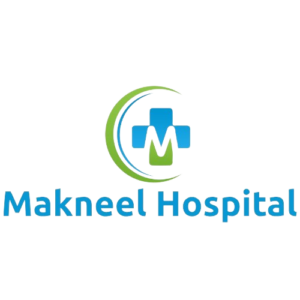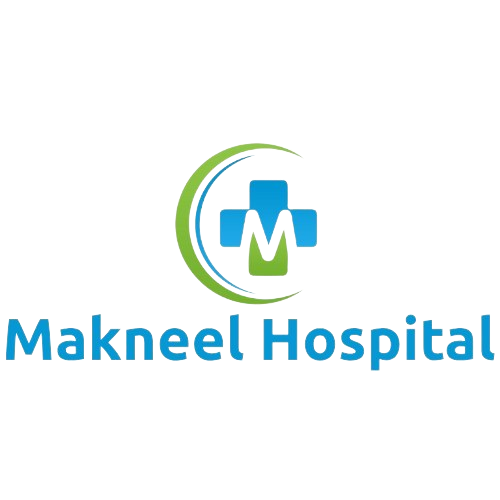Radiation Oncology
Radiation Oncology
Cardiac Sciences is a branch of medical science that focuses on the diagnosis, treatment, and prevention of diseases and disorders related to the heart and blood vessels (cardiovascular system). This field encompasses a wide range of specialties and disciplines, including cardiology, cardiac surgery, cardiac electrophysiology, cardiac imaging, and cardiac rehabilitation.
Key areas within Cardiac Sciences include:
Cardiology: Cardiologists specialize in diagnosing and treating diseases and conditions of the heart, such as coronary artery disease, heart failure, arrhythmias (irregular heartbeats), and valvular heart disease.
Cardiac Surgery: Cardiac surgeons perform surgical procedures to treat heart diseases and conditions that cannot be managed with medication or other less invasive procedures. Common surgeries include coronary artery bypass grafting (CABG), heart valve repair or replacement, and heart transplantation.
Interventional Cardiology: Interventional cardiologists use minimally invasive techniques to diagnose and treat cardiovascular diseases. Procedures such as angioplasty, stenting, and catheter-based treatments are performed to restore blood flow to the heart or correct structural abnormalities.
Cardiac Electrophysiology: Electrophysiologists specialize in diagnosing and treating electrical abnormalities of the heart, such as arrhythmias and conduction disorders. They may perform procedures such as cardiac ablation and implantation of pacemakers or defibrillators.
Cardiac Imaging: Cardiac imaging techniques, including echocardiography, cardiac MRI (magnetic resonance imaging), and cardiac CT (computed tomography), are used to visualize the structure and function of the heart and blood vessels. These imaging modalities help in the diagnosis and monitoring of various cardiac conditions.
Cardiac Rehabilitation: Cardiac rehabilitation programs focus on improving the overall health and well-being of individuals with heart disease through exercise, education, and lifestyle modifications. These programs aim to optimize cardiovascular function, reduce the risk of future cardiac events, and enhance quality of life.
Cardiac Sciences play a crucial role in managing a wide range of cardiovascular conditions, from common conditions like hypertension and coronary artery disease to more complex congenital heart defects and advanced heart failure. Advances in technology, diagnostic techniques, and treatment modalities continue to improve outcomes and quality of life for patients with heart disease.


